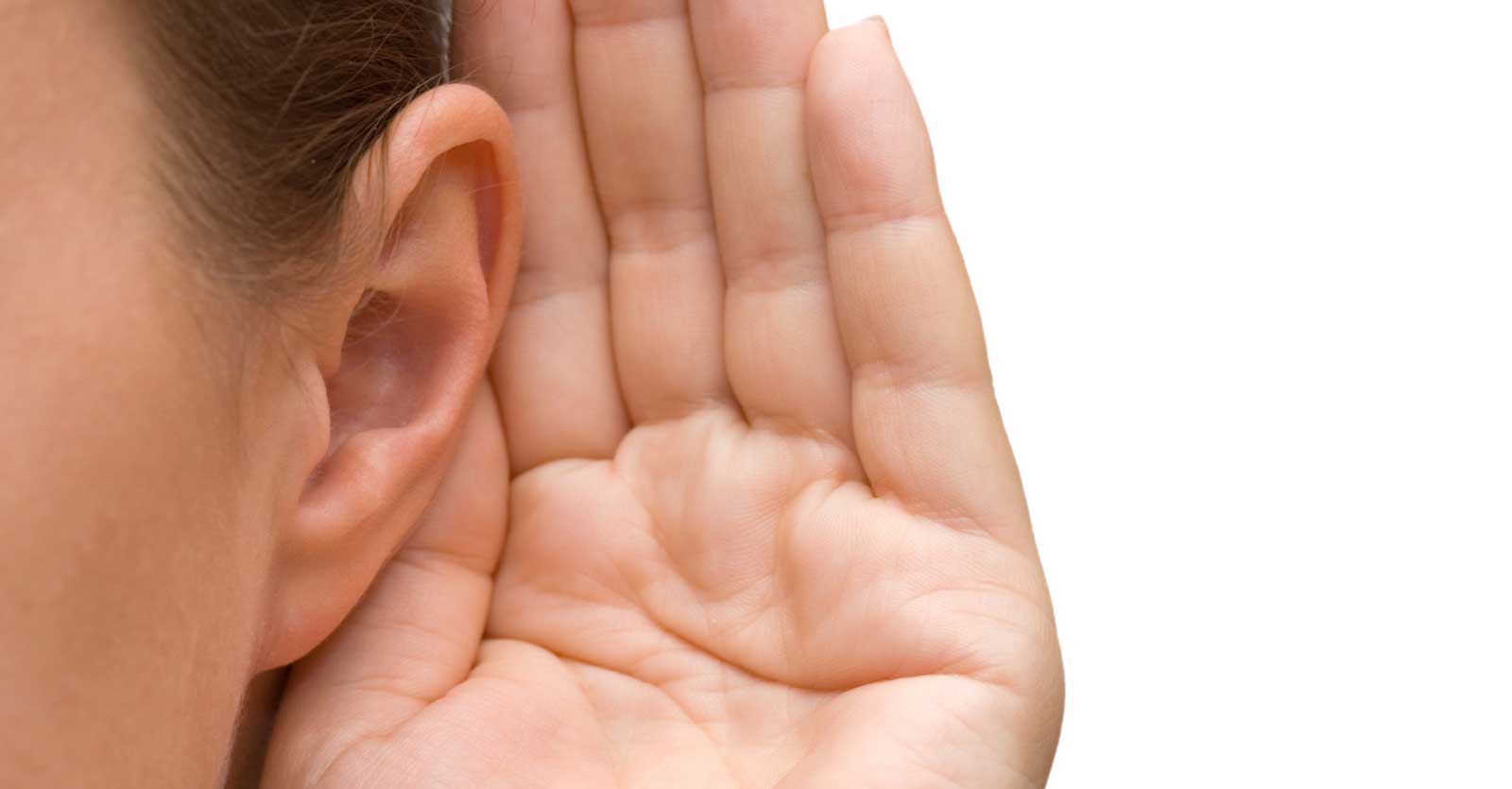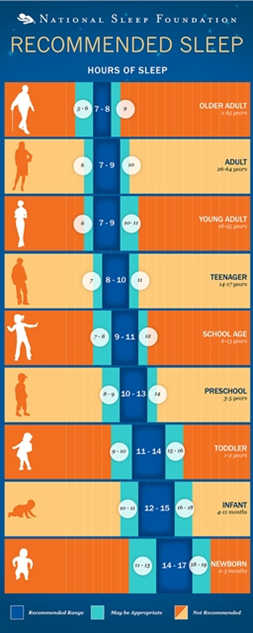Everyone’s need for sleep varies. The amount of sleep we need depends on our age, lifestyle, diet, personality and environment. Generally, we sleep less as we get older and our sleep tends to be more broken. Newborn babies tend to sleep for around 16 hours out of every 24, while adults average eight hours and the elderly sleep a little less.
Sometimes it is difficult to get a good night’s sleep. You might be finding it hard to go to sleep, be restless during sleep, or waking up during the night or very early in the morning, and not be able to get back to sleep. Perhaps you are not feeling refreshed from sleep, feeling tired, irritable, anxious or depressed, or finding it difficult to concentrate, remember things and make decisions. These may be all signs that you have a sleeping problem.
Common sleep problems include:
- insomnia – difficulty getting to or staying asleep, or not feeling refreshed after sleep
- sleep apnoea – a condition that causes breathing to stop for short periods of time while sleeping
- restless legs – a condition that causes discomfort in the lower legs and improves with movement
- sleep behaviour disorders – such as sleep walking and night terrors.
Insomnia is the most common sleep problem. It requires assessment to determine whether the cause can be identified and treated. Other sleeping problems, like sleep apnoea, may require treatment at a sleep disorder clinic. Snoring may be harmless or it can be a sign of an underlying condition such as obstructive sleep apnoea. If you are concerned, worried or anxious about your sleep health, talk to your doctor or local pharmacist. Sleeping problems should be investigated.
Insomnia can be caused or worsened by a number of factors. Some environmental factors that may cause or worsen insomnia include sleeping in a room that is noisy or too brightly lit, sleeping in an uncomfortable bed, or feeling too hot or too cold. Sleep can be improved by sleeping in a darkened, quiet room with plenty of fresh air, using clean bedding that is suitable for the weather, and using a comfortable and supportive mattress and pillow. Avoid using electronic devices, such as mobile phones and computers immediately before sleeping, as they can affect the body’s ability to relax before sleep. Pain or discomfort can also cause insomnia and should be investigated.




